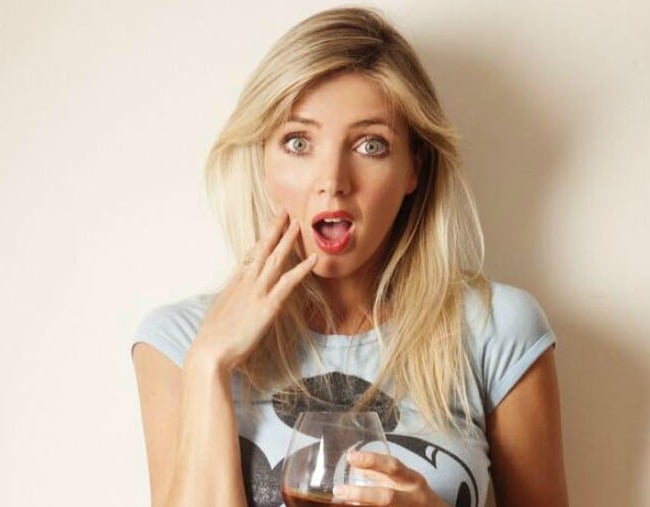
Brisbane’s Nikki Osborne is the mother of a child with autism. She’s also a comedian.
Osborne has written a stand-up show based around her experiences. It’s aimed at showing the lighter side of parenting a child with autism. Following a run at this year’s Melbourne Comedy Festival, Osborne wants to tour it nationally. But she’s afraid of the response she’ll get.
“I’m very fearful of what I’m going to face at every announcement,” she tells Mamamia.
Osborne’s son was diagnosed with autism at the age of four, although she saw the “red flags” from the time he was 18 months. She would write the occasional “funny post”, to put a positive spin on it. After a while, she was hired to write blogs for an autism-related website.
“Basically the brief was, ‘Write blogs to cheer parents up, because when parents first get a diagnosis they have no idea what to expect and usually they’re miserable and depressed and scared,’” she remembers.
“They said, ‘Please just paint light at the end of the tunnel.’”


Top Comments
It is so alarming to me how normalised autism is becoming. Diagnoses have skyrocketed and instead of demanding answers, we are just accepting this condition that affects so many children.
I'd like to ask the AMA. What are doctors, our supposed health experts, currently doing to uncover the cause of autism? The exploding numbers should surely have health professionals on high alert and every research dollar possible assigned to this. Doctors rely on pharmaceuticals as their 'tools of trade.' The pharmaceutical industry funds the majority of health research. So what are doctors demanding of 'their' pharmaceutical industry, to resolve this health crisis?
Uh, as a doctor, I would point out that most of our research into the cause of disease is carried out by research scientists, not doctors. We participate in clinical trials, once the science is understood and a treatment is trialed. When it comes to understanding what actually causes conditions, it's the scientists in laboratories that do the translational work first. I suggest you turn your attention to what your government is doing to adequately fund scientific research in Australia, and how they are trying to retain our best and brightest in the field, rather than trotting out the Big Pharma conspiracies.
I can see why autistic people would object to a neurotypical person using their condition as a source of comedy.